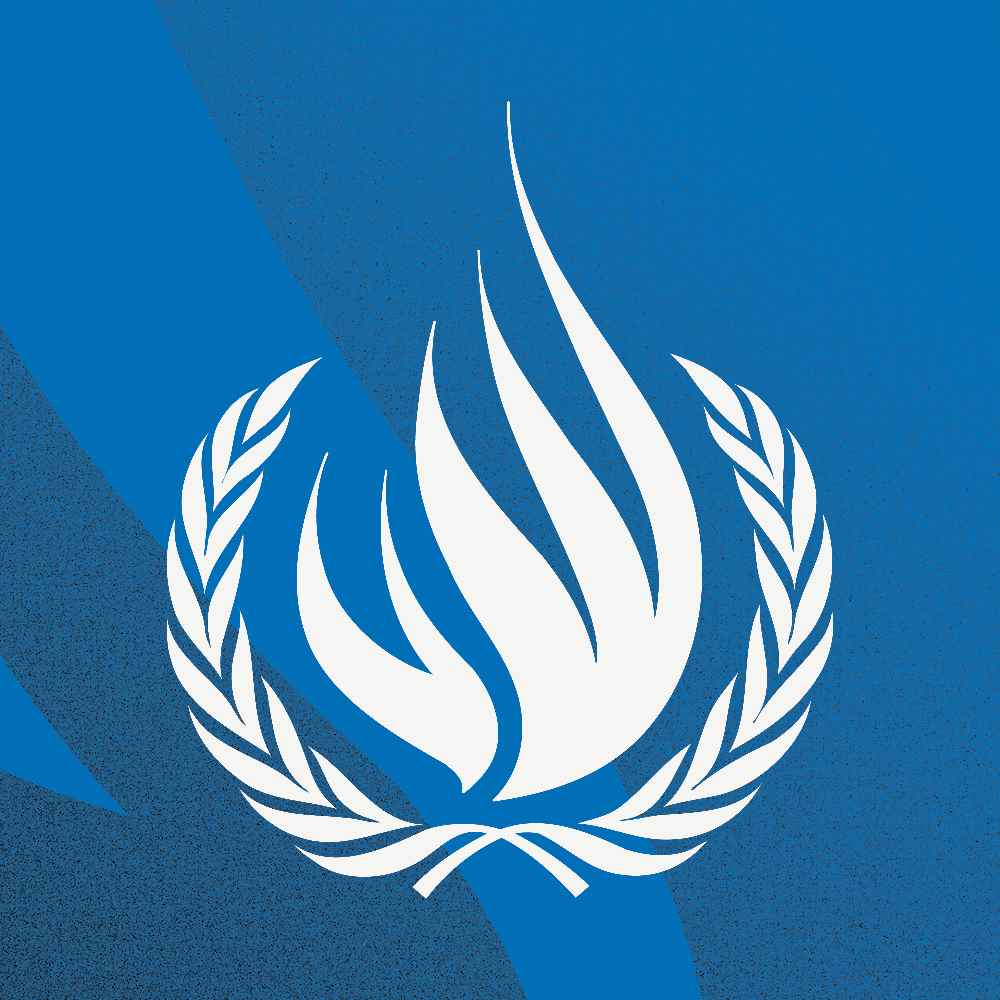
Mano had gone to meet her boyfriend at a printing press in Peshawar’s Qissa Khwani bazaar to get back some money he had borrowed.
“But he refused to pay,” her friend Farzana Riaz said. “Mano insisted and refused to leave without money. When Mano kept resisting, her boyfriend Sanaullah shot her.”
In Pakistan last month news of trans women being murdered in their homes and on the streets made headlines. Five were killed and eight injured in attacks across the Khyber Pakhtunkhwa, a province bordering Afghanistan.
This week a rally and vigil for the community – known as khawaja sira – was held in the capital Islamabad to protest the killings. It was the khawaja sira who took Mano’s body and gave her a funeral after her family refused to.
“Mano’s family refused to bury her or accept her, even in her death,” Riaz told the Guardian. “We keep fighting a battle from our births till our deaths. Even after death we are not accepted by our families. What can be a bigger tragedy than this?”
Transgender people were legally recognised as “the third gender” through a supreme court ruling in Pakistan in 2012. They were given the right to vote and identify their gender on National Identity Cards.
But discrimination is widespread and “honour” killings, rape, blackmail, sexual harassment, attacks, chopping off hair – are common crimes against khawaja sira community.
Though no exact figures are available, Riaz, who leads Trans-Action Alliance, said: “Since 2015, 91 transgender women were killed in the province and we have 2,000 registered cases of violence on the transgender community just in Khyber Pakhtunkhwa.”
The violence is widespread across the country. Last December in Pakistan’s metropolitan city Karachi, a transgender woman was murdered in her home and a trans activist, an organiser of the People’s Climate March, was abducted and raped.
Gudiya, 23, who came to the vigil to protest against the rise in violence said the community is excluded from education and therefore has few options for work other than begging, dancing and sex work.
“If we had opportunities and alternatives, we would not have opted [for] these options,” said Gudiya, “and the irony is that these very reasons are then used to humiliate and murder us.”
Nayyab Ali, the executive director of Transgender Rights Consultants in Pakistan, says transphobia and hate crime are clear reasons behind the recent surge of violence against the community.
Ali said: “Threats, bullying, intimidation and harassment– are part of our daily lives and they eventually turn to hate crimes like murder of transgender people. These incidents are not reported, nor do our police take them seriously if they are reported.”
Trans people who report crimes are not taken seriously, she says. “Police does not play its due role and we have not seen any killers get arrested and executed.” The khawaja sira is a vulnerable community in Pakistan, and “honour” killing of the community is rampant.
“If a trans woman leaves her boyfriend, she is killed. If nude videos of a trans are sent to her homes, she would be killed and at times, khawaja sira are killed just dancing at parties,” said Ali. “We don’t get justice.”
In 2018 Pakistan passed legislation guaranteeing basic rights for transgender citizens and outlawing discrimination.
Many Pakistanis are keen to support the minority. Attending Thursday’s rally in Islamabad, Prof Farzana Bari, said she wanted to show solidarity with the khwaja sira community. “The community is organised now and a leadership is emerging and they raise [their] voice for their community’s rights and against violence. But we, women and men, have to stand by them as allies.”











